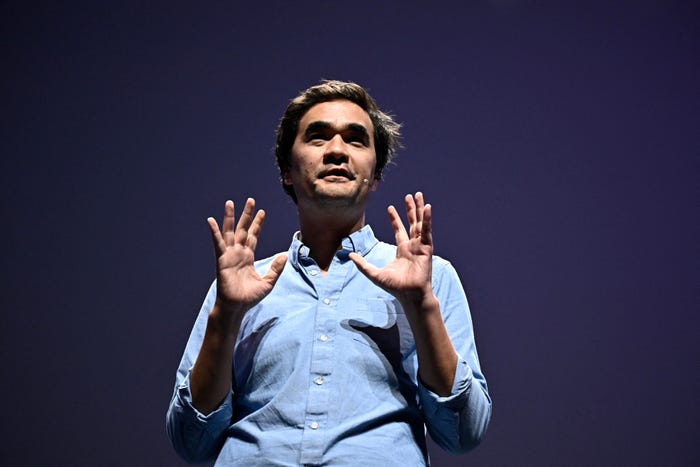The integration of music into healthcare settings is gaining momentum as hospitals and clinics increasingly employ musicians to assist patients in managing pain. Research indicates that music can significantly alleviate discomfort associated with surgery and illness, prompting healthcare professionals to explore its therapeutic potential.
Exploring Music’s Therapeutic Potential
Several studies have demonstrated the effectiveness of music therapy in reducing pain levels. According to a recent study published in the *Journal of Pain Research*, patients who listened to music before, during, and after procedures reported a notable decrease in pain perception. This aligns with findings from a 2023 review by the *American Psychological Association*, which highlighted music’s ability to trigger the release of endorphins—natural pain relievers.
As hospitals seek innovative approaches to enhance patient care, the demand for music therapy is rising. Musicians are now being invited into operating rooms and recovery wards to provide live performances or curated playlists tailored to individual patient needs. This initiative not only fosters a calming environment but also engages patients in their recovery process.
The Role of Healthcare Professionals
Healthcare professionals are recognizing the importance of a holistic approach to pain management. Dr. Emily Thornton, a pain management specialist at a leading hospital in London, emphasizes the role of music in creating a supportive atmosphere. “Incorporating music into our treatment plans has shown promising results in enhancing patient comfort and satisfaction,” she stated.
Furthermore, the collaboration between healthcare providers and musicians is evolving. Hospitals are establishing partnerships with local musicians and music therapy organizations to create structured programs aimed at integrating music into standard care practices. This innovative approach not only benefits patients but also provides musicians with new opportunities to contribute to community health.
In addition to pain relief, music therapy has been linked to improved mental health outcomes. Many patients experience anxiety and depression related to their medical conditions. By providing a source of comfort and distraction, music can play a crucial role in enhancing overall well-being during challenging times.
As this trend continues to grow, more hospitals are likely to adopt music therapy as a standard practice. The recognition of music’s impact on health reflects a broader shift toward patient-centered care, where emotional and psychological factors are considered equally important in treatment plans.
In conclusion, the use of music therapy in hospitals is transforming the landscape of pain management. By harnessing the power of music, healthcare professionals are not only alleviating physical discomfort but also fostering a more compassionate healing environment. As this practice becomes more widespread, it presents an exciting opportunity for both patients and musicians to connect in meaningful ways.






